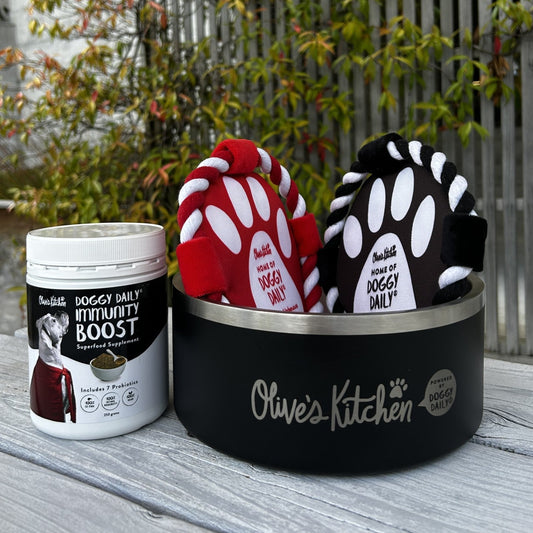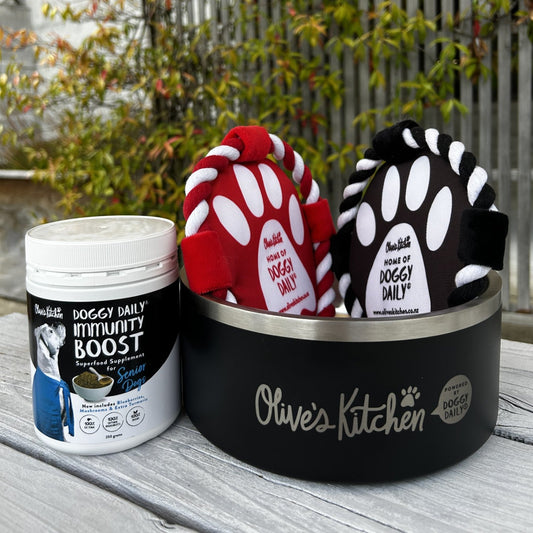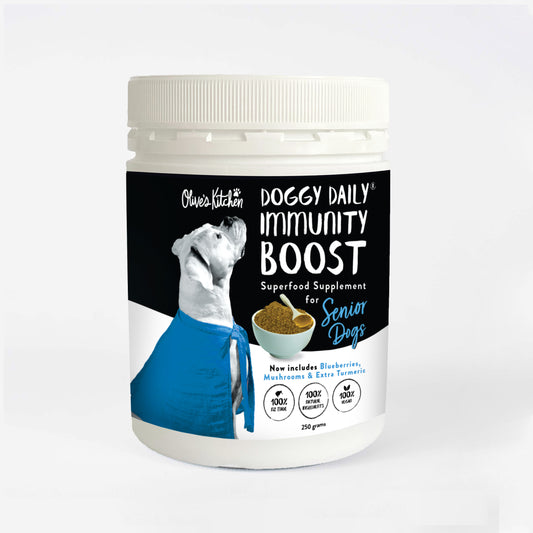Tips to keep your dog safe this Easter
With the Easter holiday period just around the corner there is bound to be an abundance of human treats on offer. What that also means, is that our furry friends will be taking every opportunity to join in the Easter fun. Swiping crumbs from under the table or pinching treats off a table while no one is looking are some favourite tricks.
Don’t feed your Dogs these Easter Treats
Here’s a few classic Easter treats that can be very harmful for your pets and should therefore be avoided:
- Chocolate
- Grapes/raisins/currants
- Nuts and chips (especially MACADAMIA NUTS)
- Chewing gum, lollies
- Alcohol
If your think your pet animal has potentially indulged in any of these items, please contact your vet clinic or after hours vets and be prepared to bring them down.
Chocolate is poison for dogs
Chocolate is not good for your beloved canine friend. That includes baking chocolate, dark chocolate, milk chocolate and white chocolate.
I used to cover an emergency at an after-hours vet clinic in Auckland. Two years ago I worked on Easter Sunday and treated seven pet dogs for chocolate toxicity on one night!
One patient I remember vividly was a cute little bichon cross. The owner, a busy mum with three kids, had just arrived home from the supermarket. She put her bags down inside before heading back to the car to get everyone out of their car seats. That was just enough time for her dog to eat seven Easter eggs and require an emergency visit to the after-hours vet.
How can I tell if my dog has eaten chocolate?
Dogs can experience a wide range of symptoms if they have eaten chocolate including:
- agitation
- elevated heart rates
- drinking a lot of water
- vomiting
- diarrhoea
- shaking
- panting
- seizures
Usual emergency veterinary treatment involves bringing up the offending chocolate, fluids, supportive care and pain relief. Some dogs need blood tests and intensive care to support the liver.
Here is a toxicity calculator used for measuring chocolate consumption in dogs. https://veterinaryclinic.com/chocolate/calc.html but if in doubt, please always contact your vet. An early diagnosis means early treatment and a quicker recovery.
How can I prevent chocolate poisoning in my dog?
- Avoid leaving chocolate anywhere your precious pup can access
- Educate the family kids not to feed your dog chocolate
- Use a crate to keep your dog safely away when Easter eggs are out
- Ensure you keep a count on all the Easter eggs in the hunt.
Dr Heidi Ward-McGrath
Interested in more information on what foods to avoid feeding your pup? Check out our Foods to Avoid blogpost.
Looking for healthy treat options for the Easter Holidays? Get your paws on Doggy Daily Bliss Balls, Doggy Biscuit Baking Mix and Doggy Daily Popcorn





